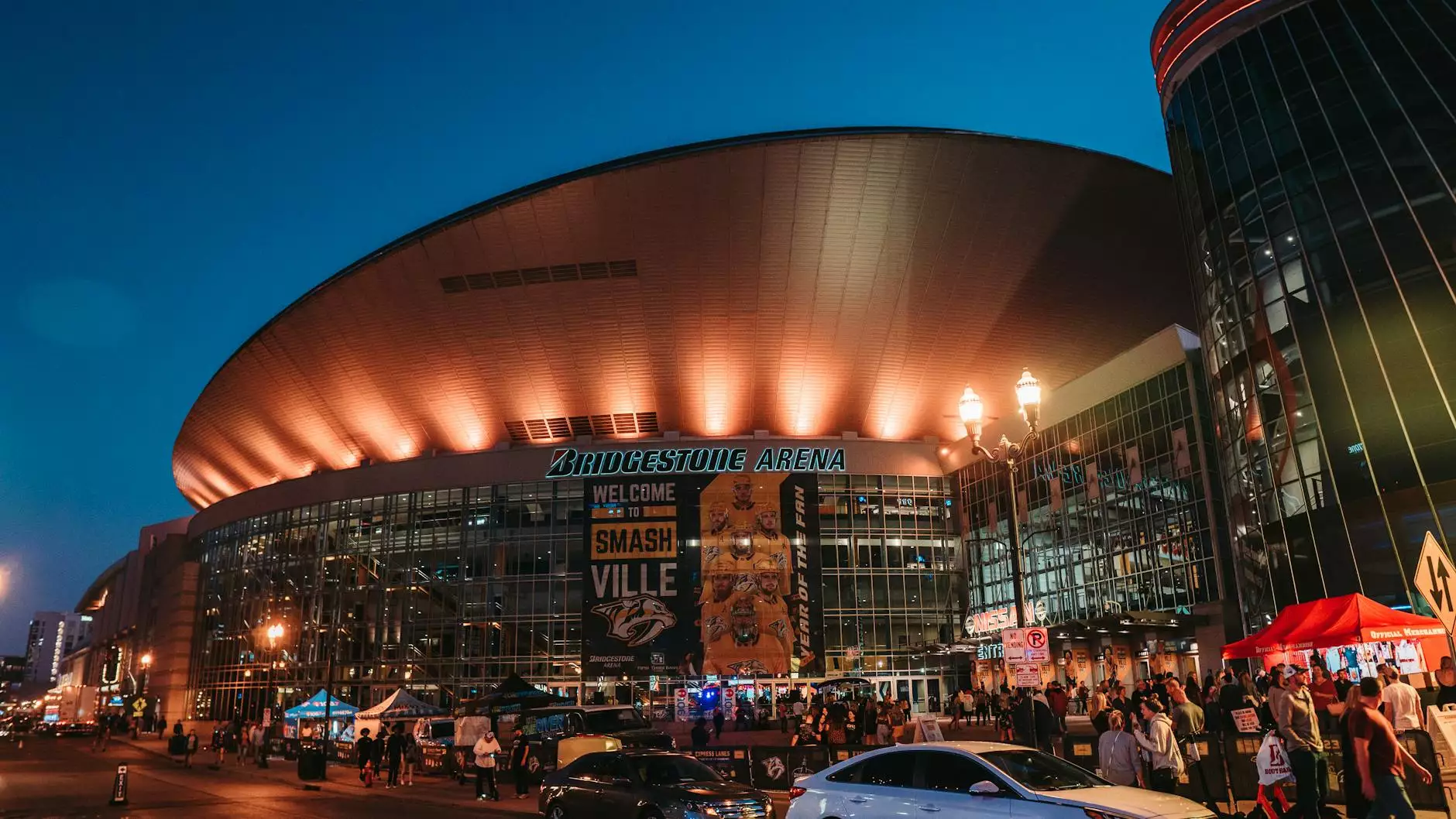The Geography of a Lawsuit Part 2: Venue Law

Introduction
Welcome to Baytowne Reporting's comprehensive guide to understanding venue law and its impact on the geography of lawsuits. In this informative article, we will delve into the intricacies of venue law, providing valuable insights and detailed information to help you navigate this important aspect of the legal system.
What is Venue Law?
Venue law refers to the set of rules and regulations that determine the appropriate location or jurisdiction where a lawsuit should be filed. It is essential to establish the proper venue to ensure a fair and impartial proceeding. Venue law is crucial as it directly affects the convenience of the parties involved, access to evidence, and the overall efficiency of the legal process.
The Role of Venue in Lawsuits
Venue plays a significant role in the outcome of a lawsuit. When a lawsuit is filed, the choice of venue can greatly impact the legal strategy, chances of success, and even the potential damages awarded. It is important to understand the factors that influence venue selection to ensure the best possible outcome for your case.
Factors Affecting Venue Selection
Several factors can influence the selection of an appropriate venue for a lawsuit:
1. Jurisdiction:
The jurisdiction where the events in question took place plays a significant role in determining the venue. Generally, a lawsuit should be filed in the jurisdiction where the incident occurred or where the defendant resides.
2. Convenience of Parties:
The convenience of the parties involved is an important consideration in venue selection. The court aims to ensure that the venue is easily accessible to all parties, minimizing the inconvenience and costs associated with travel.
3. Access to Witnesses and Evidence:
The availability and accessibility of witnesses and evidence can also influence venue selection. Choosing a venue that allows easy access to key witnesses and crucial evidence can significantly strengthen a case.
4. Procedural Laws:
Each jurisdiction may have its own set of procedural laws that can impact the outcome of a lawsuit. Understanding these laws and their implications is vital in determining the most appropriate venue for your case.
Challenges in Venue Law
While venue law aims to ensure fairness and efficiency, it can also present challenges and complexities. Understanding these challenges is essential to navigate the legal landscape effectively. Some common challenges include:
1. Improper Venue:
In some cases, a lawsuit may be filed in an improper venue. This can happen due to mistakes, intentional actions, or other factors. It is essential to identify and address any improper venue issues promptly to avoid adverse consequences.
2. Venue Transfer:
Under certain circumstances, a party may request a transfer of venue to another jurisdiction. Such requests require substantial justification and will be evaluated based on various factors, including the convenience of the parties and the interests of justice.
3. Venue Shopping:
Venue shopping refers to the practice of strategically selecting a favorable venue to gain a perceived advantage. Some individuals or entities may seek to exploit the differences in laws and procedures between jurisdictions to increase their chances of a favorable outcome.
Conclusion
Understanding venue law is vital for anyone involved in the legal system. As you navigate the geography of lawsuits, it is essential to consult with experienced professionals, such as Baytowne Reporting, who can provide valuable guidance and assistance. Ensure that you consider all relevant factors and make informed decisions to optimize the outcome of your case. Trust Baytowne Reporting to be your reliable partner in understanding and navigating the intricacies of venue law.
Disclaimer
This information is provided for general informational purposes only and does not constitute legal advice. Consult with a qualified attorney to understand how venue law may apply to your specific situation.









